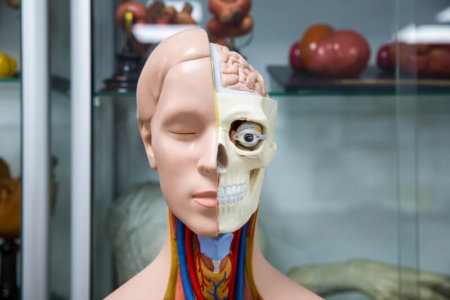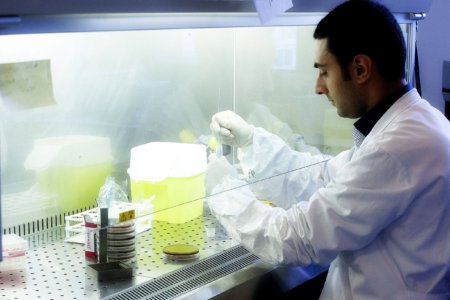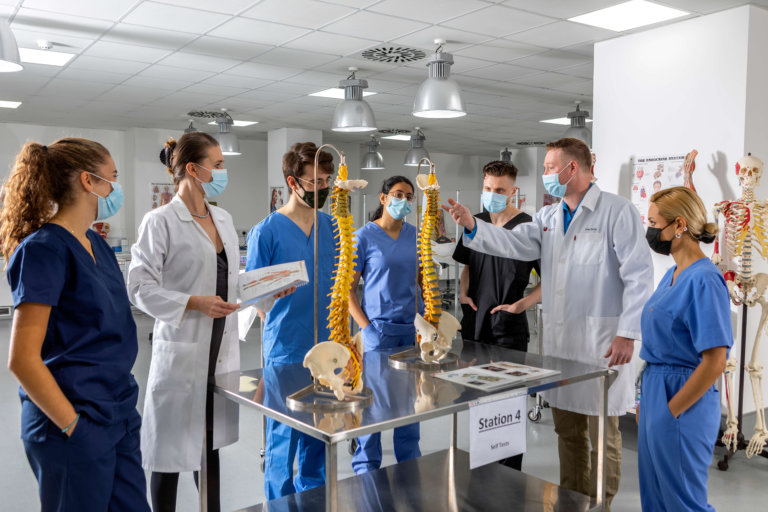
With an array of professions available in the current labour market, why choose to be a doctor? A medical degree is not only a route towards stable employment, it is also an opportunity to be at the forefront of scientific breakthroughs.
The COVID-19 pandemic has exposed just how competent healthcare professionals are crucial and in-demand throughout the world. Having a medical degree, a qualification that is accepted worldwide, opens up new pathways for healthcare practice in other countries. Here are four top schools in Europe offering competitive medical and health science degrees:
University of Nicosia (UNIC) Medical School

Source: University of Nicosia (UNIC) Medical School
When it comes to quality, accreditation and employability, the University of Nicosia Medical School in Cyprus is the embodiment of consistent progress towards research excellence. The largest medical school in the country ranks number one in Cyprus and Greece in terms of overall economic and social impact, and number 32 in the world in terms of Quality Education according to Times Higher Education.
The six-year Doctor of Medicine (MD) programme offered by UNIC is officially listed in the World Directory of Medical School and it is an EU-accredited medical degree, which provides licensing and practice pathways worldwide after graduation. The degree regulator holds Recognition Status by the World Federation of Medical Education (WFME) ensuring the quality of education is at a rigorous global standard.
With a 99.8% graduate employment rate, the doctors forged by UNIC Medical School have lent their medical expertise in over 200 medical centres internationally. This is in part due to UNIC’s devoted Student Success Team. Graduates are well-prepared for life after Medical School with early patient contact through integrated clinical practice courses from Year 2.
Personal tutors and career advisors offer unique and highly specialised career preparation. The medical student body, consisting of over 83 nationalities, provides another opportunity to learn first-hand about different healthcare systems in the world.
Uniquely, UNIC Medical School’s student-centred curriculum features human anatomy lessons at the Anatomy Centre through hands-on cadaveric dissection — the only one available in Cyprus. Besides an experiential medical education, you get to enjoy sunny Mediterranean weather and a lower cost of living compared to other cities in Europe.
If you are interested in the medical programmes at UNIC, register for future online Open Days to hear from current students, course directors and admissions advisors. You can click here to learn more about applying to UNIC Medical School.
Masaryk University, Faculty of Medicine

Source: Masaryk University, Faculty of Medicine
One of the most acclaimed universities in central Europe, Masaryk University is located in Brno, Czech Republic, a welcoming city characteristic for its safety and student-friendly atmosphere. No wonder that over 7,000 international students currently chose it as their second home, out of which 900 medical studentscurrently chose it as their second home, out of which 900 medical students.
Known for life science-related courses, the university’s Faculty of Medicine has gained an excellent global reputation for English-language degree programmes in General Medicine and Dentistry. Thanks to the brand-new Simulation Centre, Masaryk University currently offers the most up-to-date medical degree in the country.
A medical degree at Masaryk takes you anywhere — it is fully-recognised in the European Union, the US, and many other countries worldwide. As an added bonus, the university also provides pre-exam support to students taking the US Medical Licensing Examination (USMLE).
Medical training at the brand-new Simulation Centre (SIMU) — one of the most advanced simulation facilities in Central Europe — thoroughly prepares you for real-life practice. Here, you can experience risk-free surgical procedures up-close and first-hand.
Teaching at SIMU within a broad spectrum of simulation training. There is no other place where you could train everything without jeopardizing the life of patients. Through attentive lectures and instructions, you get to develop soft skills such as surgical teamwork, critical decision-making, crisis management and effective communication, alongside a complex understanding of medical knowledge. To apply to Masaryk University’s medical programmes, click here.
The University of Manchester, School of Medical Sciences
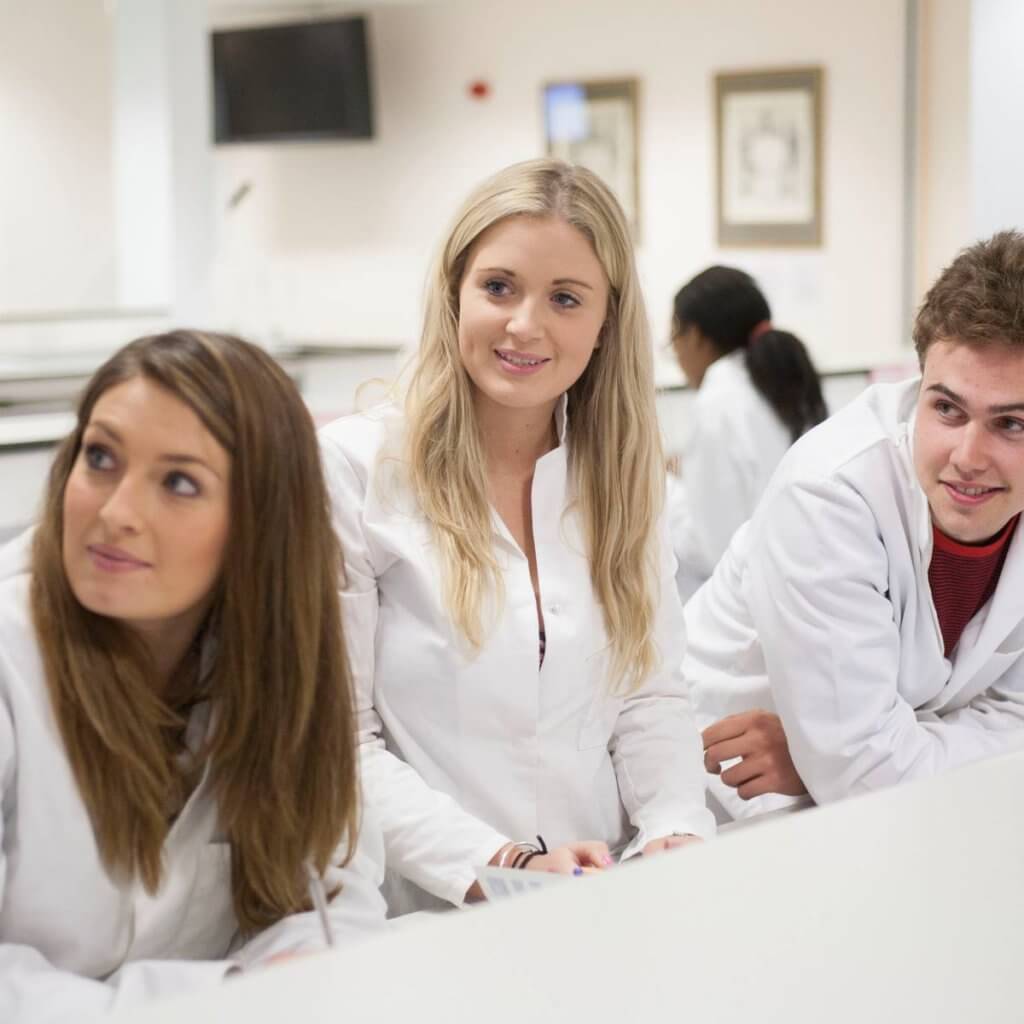
Source: The University of Manchester, School of Medical Sciences
At this Russell Group university ranked number 50 in the world according to The Times Higher Education, studying medicine means getting the best there is to offer in clinical practice and research. Its School of Medical Sciences is the largest medical school in the UK, but has the smallest class size for a concentrated approach in hands-on clinical learning.
Four degrees are offered at the undergraduate level: MBChB Medicine, MBChB Medicine with foundation year, Intercalated courses for medical students, and BSc Public Health. The five-year MBChB Medicine programme has over 2,200 students who are thoroughly prepared to work in current healthcare systems.
The course integrates science and clinical learning together with practical lessons that include anatomy dissection. Students are exposed to clinical practice from Year One, which trains them to empathetically handle patient interaction on top of other demands in a real clinic.
The MBChB Medicine degree is accredited with the General Medical Council, which allows provisional registration for graduates to obtain a Foundation Year One post to begin their first steps towards full clinical practice.
Graduates of the programme are frequently sought after by employers, with 100% of all final year students offered UK Foundation Programme posts in 2017.
Karolinska Institutet
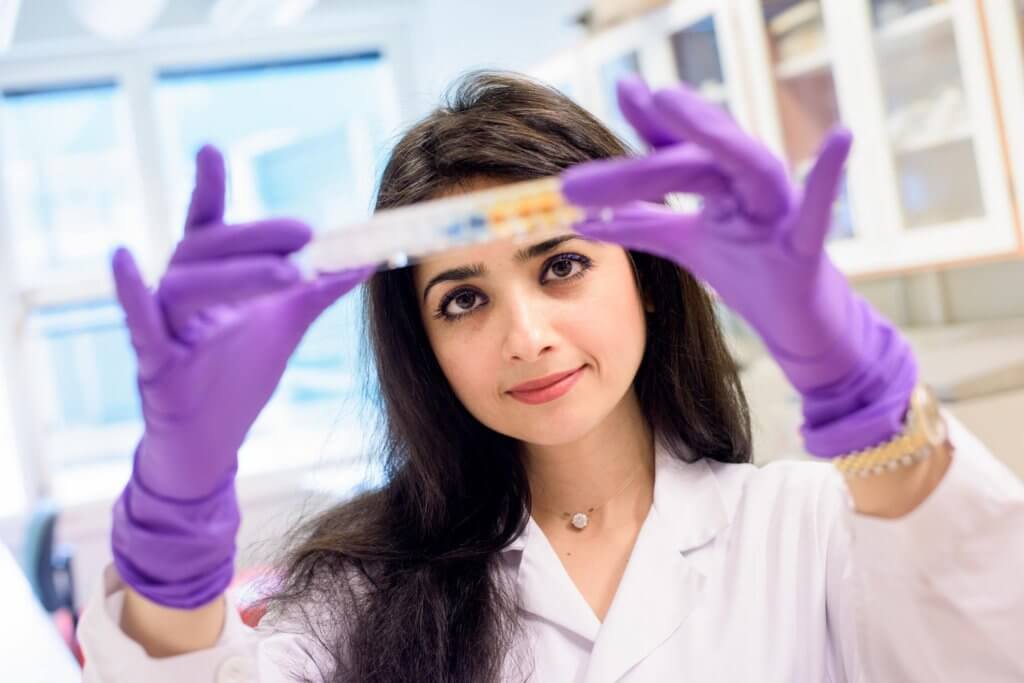
Source: Karolinska Institutet
An internationally-renowned university solely dedicated to medical and health sciences, Karolinska Institutet (KI) is located just north of Stockholm.
It is Sweden’s largest centre of medical academic research, offering the largest number of medical courses and programmes in the country. The Nobel laureates in Physiology or Medicine are selected here, and five of the university’s illustrious alumni have been awarded the prestigious prize for their contributions in medicine.
KI ranks consistently among the best universities worldwide in life sciences and medicine: it is ranked eighth in the world in Life Sciences and Medicine by the QS World University Rankings, and is within the top 40 universities worldwide according to the Times Higher Education. The university offers one bachelor’s programme and 10 global master’s programmes, all delivered in English.
From epidemiology to a whole range of research, KI students have an edge over others in the field with the university’s concentrated effort to integrate ethical sustainability in its curriculum. Students are actively encouraged to develop their career at the university, either as researchers or employees contributing to advancing the medical field.
*Some of the institutions featured in this article are commercial partners of Study International








